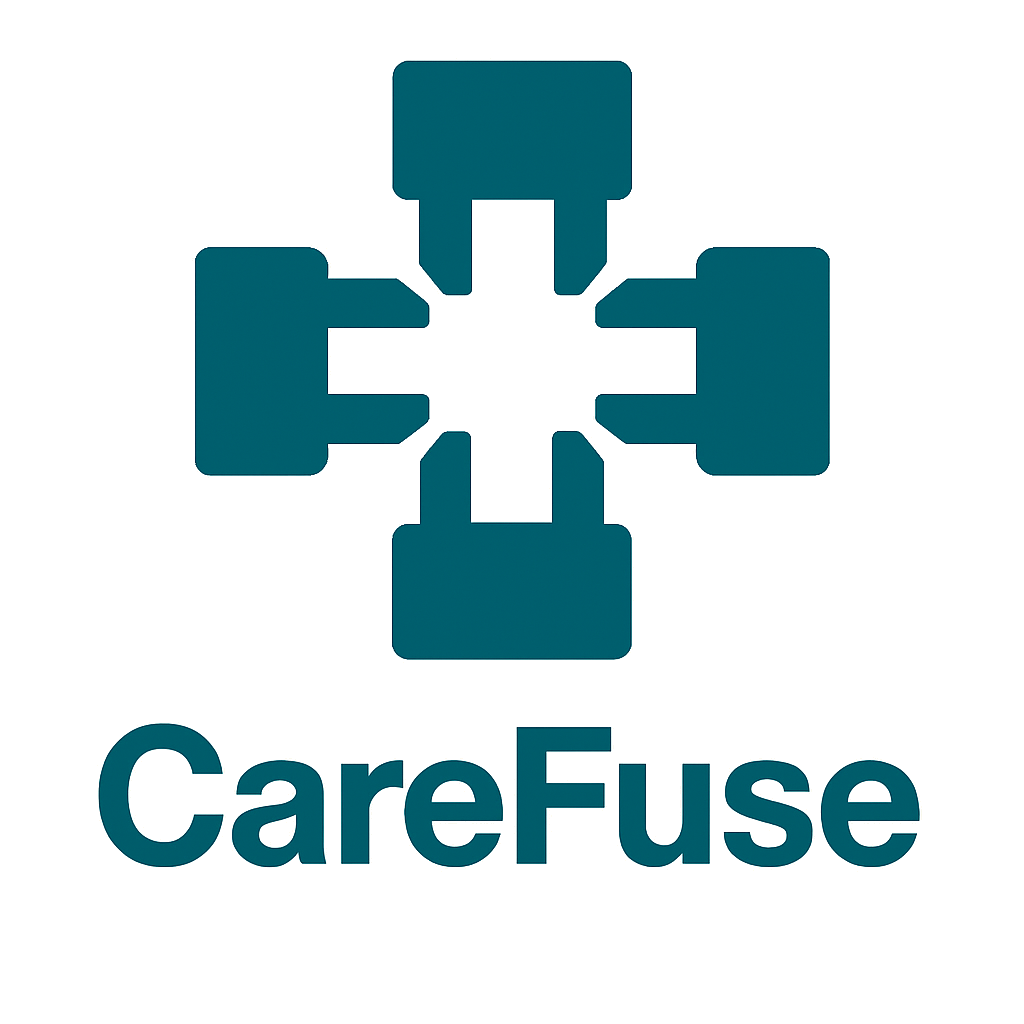The Perfect Storm: Four Converging Healthcare Forces
The U.S. healthcare system is experiencing unprecedented regulatory convergence that's transforming how knee replacement decisions are made, measured, and governed. Four critical forces are creating both urgent challenges and massive opportunities for transparent, evidence-based prior authorization.
The Accountability Challenge
Medicare's mandatory PROMs collection for TKA/THA shifts focus from volume to outcomes, with severe financial penalties for hospitals failing to demonstrate patient improvement.[6]
The Subjectivity Problem
Despite being one of the most common surgeries, TKA decisions remain "highly subjective and discretionary" with significant variation between orthopedic surgeons, rheumatologists, and primary care providers.[7]
The Transparency Requirement
New state laws prohibit AI from making final prior authorization decisions without physician review, requiring transparent, explainable AI that bases decisions on individual patient data rather than population averages.[8]
The Evidence Gap Problem
While structured conservative care (education, exercise, weight management) can avoid up to 30% of TKAs, the lack of robust head-to-head comparison evidence makes surgery the default choice. This evidence gap prevents optimal patient-treatment matching.[9]
PRO-PM FAQ — PROMs Guidance (AAOS / CMS)
The PRO-PM Frequently Asked Questions fact sheet outlines PROMs collection, timing, and reporting expectations for hip and knee arthroplasty programs.[18] Providers implementing PROMs collection will find practical details on administration, follow-up timing, and reporting required by CMS.
